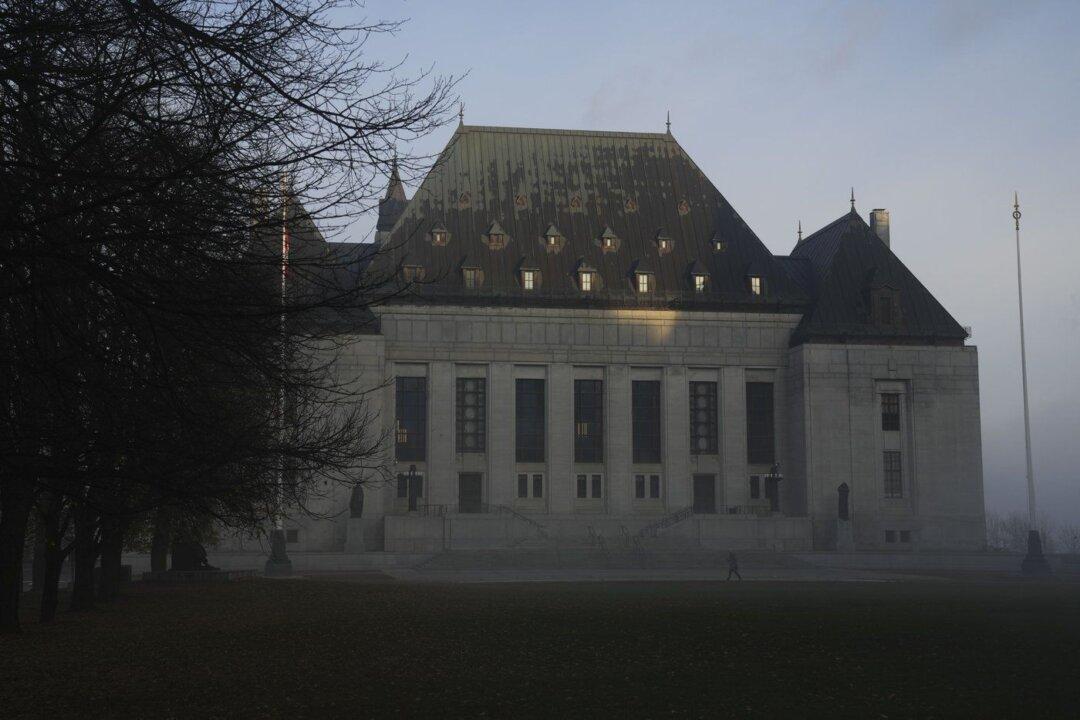Prime Minister Justin Trudeau has nominated a French-speaking judge from Alberta to be the fifth female judge sitting on the bench of Canada’s top court.
Mary Moreau’s appointment, if confirmed, would create the first female majority on the nine-judge bench of the Supreme Court of Canada (SCC) since the court was formed in 1875, 148 years ago. Ms. Moreau’s confirmation would shift the numbers to five female judges and four male judges.





